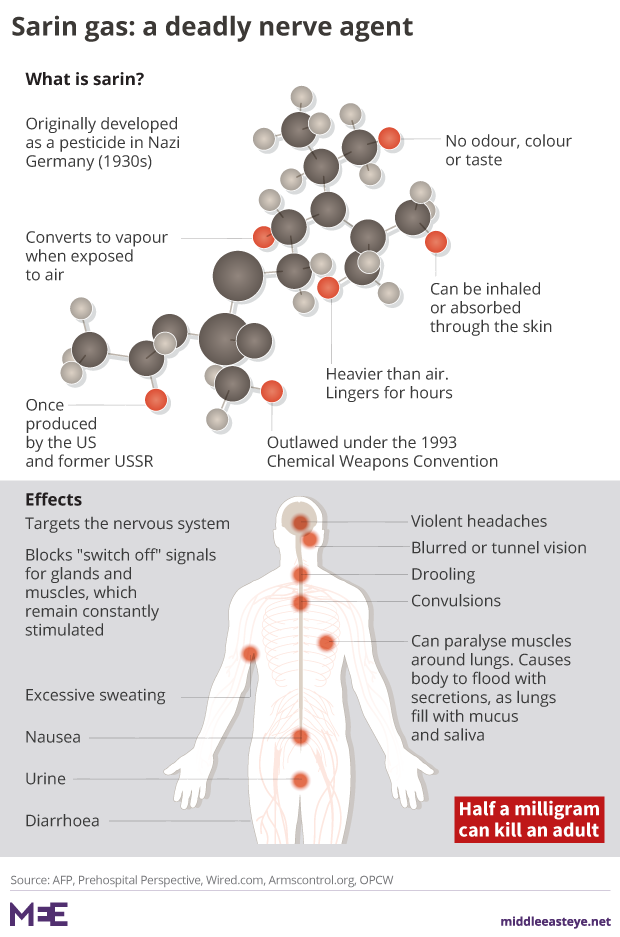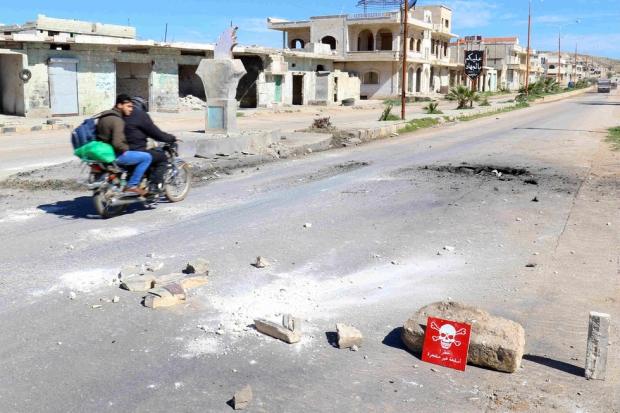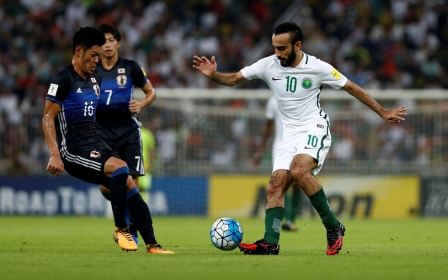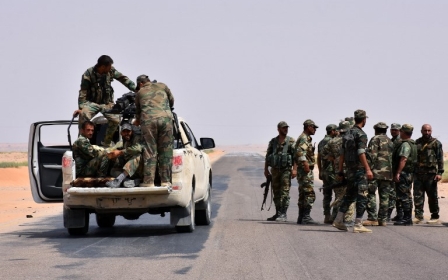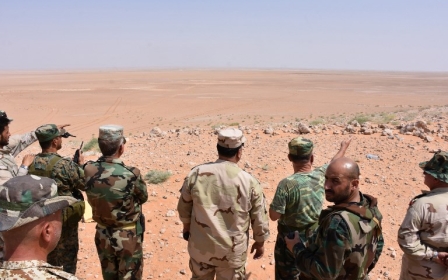Syrian government was behind sarin gas attack in April: UN probe
Syrian forces were responsible for the deadly chemical weapons attack in April which killed at least 80 civilians, UN war crimes investigators said on Wednesday.
They have used chemical weapons more than two dozen times during the country's civil war, they added.
In the most conclusive findings to date from investigations into chemical weapons attacks during the conflict, the UN Commission of Inquiry on Syria said a government warplane dropped sarin on Khan Sheikhoun in Idlib province in April.
Not having access did not prevent us from establishing facts or reasonable grounds to believe what happened during the attack and establishing who is responsible
- UN Commission of Inquiry on Syria chairman Paulo Pinheiro
"Government forces continued the pattern of using chemical weapons against civilians in opposition-held areas. In the gravest incident, the Syrian air force used sarin in Khan Sheikhoun, Idlib, killing dozens, the majority of whom were women and children," the report said, declaring it a war crime.
Commission chairman Paulo Pinheiro told a news conference: "Not having access did not prevent us from establishing facts or reasonable grounds to believe what happened during the attack and establishing who is responsible."
The attack was previously identified as containing sarin, an odourless nerve agent. But that conclusion, reached by a fact-finding mission of the Organisation for the Prohibition of Chemical Weapons (OPCW), did not say who carried it out.
In all, UN investigators said they had documented 33 chemical weapons attacks to date.
Twenty seven were by forces of the government of President Bashar al-Assad, including seven between 1 March to 7 July. Perpetrators had not been identified yet in six earlier attacks, they said.
'Sustained raids'
The Assad government has repeatedly denied using chemical weapons. It said that its strikes in Khan Sheikhoun hit a weapons depot belonging to rebel forces, a claim dismissed by the UN investigators.
A UN watchdog concluded in July that sarin gas had been used in the attack, which the US, UK and France blamed on Assad.
The report also claimed that a medical facility in the town was targeted by Syrian or Russian planes armed with rockets four and half hours after the gas attack, as civilians wounded in the incident sought medical treatment.
Speaking to the report's investigative team, the managing director of the al-Rahma hospital in Khan Sheikhun said: “We were shocked by sustained raids which focused on the hospital yard and its main gate, in addition to the drug store, which was devastated.”
Anas Diyab, who was present at the site immediately after the attack, told the report's investigators that the air strike “aimed to cause a humanitarian catastrophe, and [deny] access to treat those whom were affected by the chemical attack – thus killing as many people as possible”.
Remnants of rockets were found at the site in the aftermath of the attack. The report identified them as Soviet-made S-5M rockets, used by the Syrian air force. Aircraft used by Syrian and Russian forces were observed in the area of the medical facility at the time of the attack, according to the report's authors.
The US launched a retaliatory cruise missile strike days after the attack which targeted a Syrian air base alleged to have facilitated the attack.
The majority of the medical centres were located in Idlib, the largest area remaining under rebel control after the fall of Aleppo, and the destination for many civilians who fled after the fall of the city to the Syrian government.
Russian forces have been active in Syria supporting the army of Bashar al-Assad since September 2015.
Opposition must accept they 'did not win the war'
Also on Wednesday, UN peace talks mediator Staffan de Mistura said that Syria's opposition must accept that they have not won the war.
"The issue is ... will the opposition be able to be unified and realistic enough to realise they did not win the war?" he said.
Asked if he was implying that Assad had won, he said: "I am not the one to write the history of this conflict ... but at the current moment I don’t think anyone can actually claim to have won the war."
Middle East Eye propose une couverture et une analyse indépendantes et incomparables du Moyen-Orient, de l’Afrique du Nord et d’autres régions du monde. Pour en savoir plus sur la reprise de ce contenu et les frais qui s’appliquent, veuillez remplir ce formulaire [en anglais]. Pour en savoir plus sur MEE, cliquez ici [en anglais].


